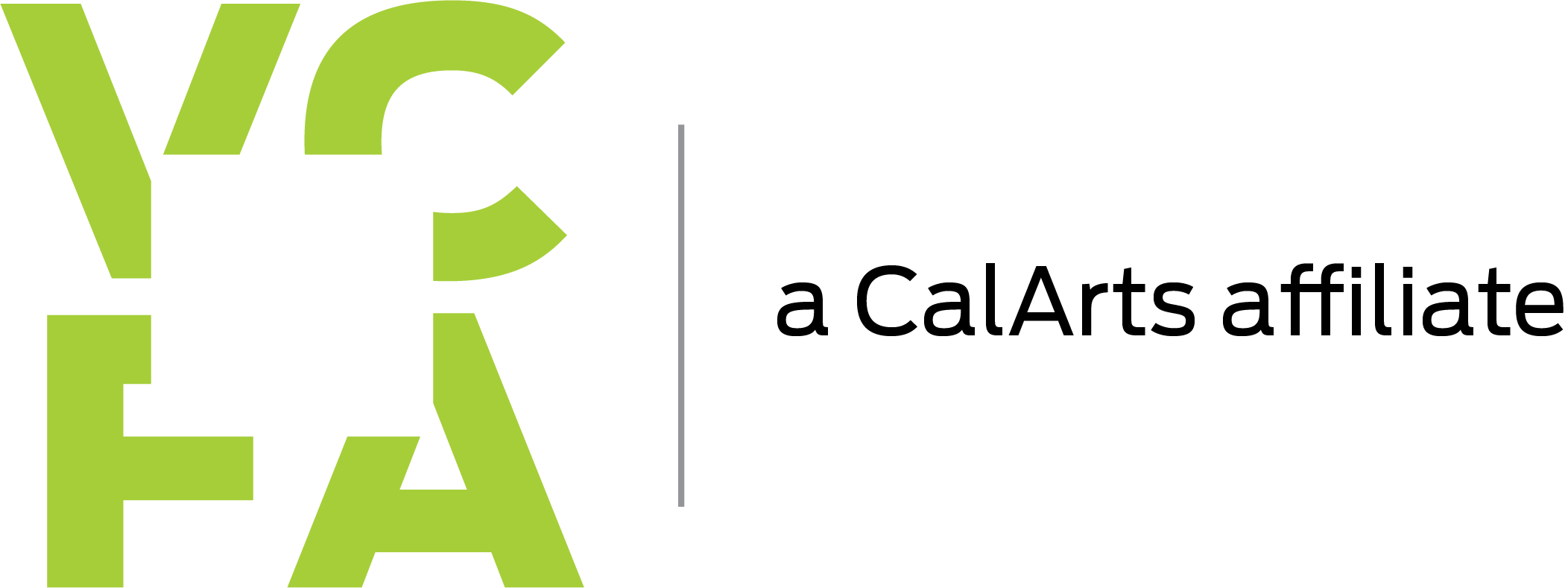Diversity, Equity & Inclusion
Vermont College of Fine Arts recognizes, honors, and supports diversity in every context.
About
Our diversity, equity, and inclusion initiatives are designed to deepen our capacity, as individuals, and as an institution, to create and sustain a more just and joyful community.
In support of our Community Values and in alignment with our Strategic Pillars, we work to continually refine our policies and practices to reflect the needs of our dynamic and intersectional student, faculty, and staff populations.
VCFA’s Diversity, Equity, and Inclusion initiatives currently reside within Academic Affairs, in close collaboration with all departments and programs.
Contact:
[email protected]
Featured artwork by Ross Sheehan, (VA ’20)
“This is precisely the time when artists go to work. There is no time for despair, no place for self-pity, no need for silence, no room for fear.”
— Toni Morrisson, 2015
STATEMENTS
Our Definition of Diversity
We recognize diversity as the many ways in which people differ, both as individuals and as members of intersecting groups, and we strive to honor a broad and inclusive definition of diversity within our community.
Diversity of identity may include race, ethnicity, gender identity, sexual orientation, religion, age, ability, socioeconomic status, and geographic region. Forms of diversity may also include perspectives and values that arise from different cultural, political, religious, or other affiliations.
Statement on Community Values
As a global community of artists continuously redefining what it means to be an arts college, the Vermont College of Fine Arts community has come together to articulate this statement of values on diversity, equity, and inclusion. These values express our dedication to the tenets and ethics of social, economic, and environmental justice, anti-racism, LGBTQ+ inclusivity, and religious inclusivity. We reject all forms of othering and oppression, including colonialism, misogyny, ableism, ageism, classism, nationalism, paternalism, and white supremacy.
The arts are central to the human experience and have the ability to not only reflect reality but create it. We acknowledge that, too often, the histories of arts disciplines have been presented as canonical, monolithic narratives, constructed and controlled by dominant voices that systematically exclude and marginalize other cultures and peoples. We seek to discover, celebrate, and learn from a plurality of traditions and movements as we renounce singular canons and the biases underlying them. In this way, we aspire to inform richer, more encompassing futures that accurately reflect the varied peoples these disciplines serve, as well as the varied peoples who practice them.
We believe that everyone should have access to the opportunities and tools for expression and communication afforded by the fine arts, and that society is best served when all voices are heard and valued.
- We believe in the fundamental value of every person and recognize that each person in our community belongs fully, as an equal. Diversity in all its forms creates a strong, healthy, and productive environment that reflects the world we live in and the reality we aspire to create.
- Each member of our community has both rights and responsibilities. Among these is the right to be treated with respect at all times and the responsibility to treat others with respect at all times, along with that of educating ourselves about what this means. It is not the responsibility of any individual from a marginalized group to educate others about their experience.
- We honor the agency of each person to be seen and heard, to defend their rights, to think critically and independently, and to uphold their responsibilities to the community and its individual members. The possibility of disagreement between individuals or groups is intrinsic to the exchange of ideas, and the exchange of ideas is fundamental to teaching and learning. We are committed to the principle that disagreement and respect can and must remain compatible. As an embodiment of these values, we are committed to open and ongoing dialogue.
- People learn in different ways, and we strive to support each learner on their unique journey. We believe in an educational model where all community members—faculty, staff, and students—actively contribute to both teaching and learning, even as we acknowledge the inherent power differential within every teaching and learning environment.
- We value a workplace where all staff members actively contribute to the mission of the college. While the roles of staff members may differ, we value them equally.
We welcome all who agree to abide by these values, as we look forward to listening, learning, and growing together in pursuit of an ever more diverse, equitable, and inclusive community.
Land Acknowledgment
The administrative offices of Vermont College of Fine Arts sit in N’dakinna [in-DAH-kee-NAH], the ancestral and unceded land of the traditional caretakers of Vermont lands and waters, the Western Abenaki people. As guests in N’dakinna, we recognize the dispossession and invisibilization of Indigenous communities, and their resiliency. We strengthen and celebrate our relationship with N’dakinna by honoring its past and finding our place in its future. We offer our respect and gratitude to the traditional caretakers for their stewardship by seeking to uplift indigenous peoples, cultures, and arts.
We invite you to take this moment of pause to consider our indivisible connection to this land, to the living world, to our non-human relatives, and to each other.
We seek to nurture this connection.
Alumnx Statement
Vermont College of Fine Arts values diversity, inclusivity, and respect for all. In keeping with these principles, VCFA has adopted the term alumnx to refer to our graduates. This non-binary, gender-neutral term embraces the full spectrum of gender identities within our community and reflects the college’s ongoing work to ensure a welcoming, safe, and collaborative environment.
The term alumnx is increasingly being used among our students, faculty, and graduates, and throughout the broader arts and academic communities. After thoughtful deliberation across the institution, we consider this break from the traditional term “alumni” to be a clear step toward exercising more intentional language, which we strive to implement in all aspects of college life.
While the term “alumni” in its Latin origins is inclusive of male and female, such terminology adheres to an outdated, limited concept of gender. As an institution that believes in the vitality of words, we are committed to moving beyond the default, the traditional, the assumed. We are committed to the practice of pushing back against binary systems which inherently oppress and dismiss anyone who does not see themselves within two distinct categories.
We see you. We value you.
With this change, we recognize the importance of language and its ability to empower those who have come through our VCFA programs. Each one of our graduates is a vibrant individual and part of a collective that upholds equity and celebrates difference. In our mission to be “a global community of artists continuously redefining what it means to be an arts college,” we openly embrace opportunities for change that embody our belief that “the arts are central to the human experience and have the ability not only to reflect reality but also to create it.”
Statement on Artistic Freedom & Responsibility
Vermont College of Fine Arts nurtures the artistic, intellectual, and social development of all members of our community. We foster inclusive artistic and cultural diversity and defend the principle of freedom of thought, practice, and expression. At the same time, we recognize the responsibilities of individuals within our community to consistently promote understanding and mutual respect.
VCFA advocates for these fundamental freedoms and responsibilities in all of our academic and artistic activities as an essential part of our educational mission. As a national center for education in the arts, our program offerings sometimes present content that challenges or disturbs. It is our expectation that faculty, students, and all members of the VCFA community will present material thoughtfully and responsibly and that they will engage with presented material in a manner that fosters openness, reflection, and dialogue.
It is the responsibility of each individual within our community to judge for themselves the merit of any artistic and academic material presented. Students and faculty members are encouraged to exercise their personal right and responsibility to absent an event if material causes them distress, and to openly and respectfully engage with ideas they oppose, rather than seeking to suppress such material. Taking these actions brings no penalty or judgment from a program or its community.
Community Bias Response Program
We strive to cultivate and support inclusive and equitable learning and working environments.
(Featured work by Min Choi, GD ’18)
Giving
Interested in supporting our ongoing efforts to lead and advance equity, inclusion, and belonging at VCFA? Learn more about focused giving here.
Contact
VCFA’s Diversity, Equity, and Inclusion initiatives currently reside within Academic Affairs, in close collaboration with all departments and programs.
Contact:
[email protected]

